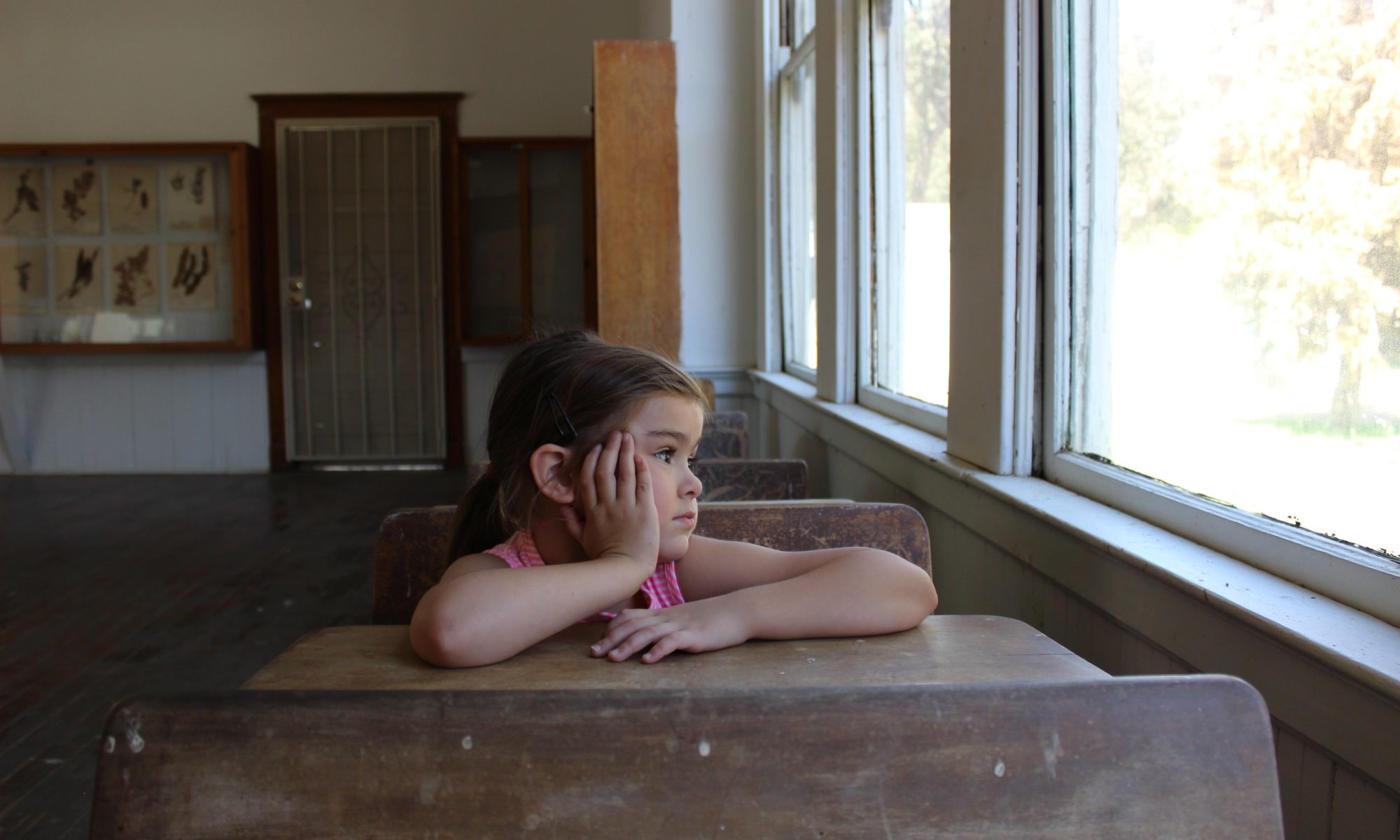Divorce requires major adjustments, and not just from the couple who’s splitting. Kids have to get used to a new normal, too — but they won’t be down forever.
Research suggests that most children bounce back within two years of their parents’ divorce. That’s better than the alternative, according to the American Psychological Association. They say that children with parents who stick together although they don’t get along face more problems down the line.
One major adjustment that children of divorce have to make is the return back to school after a separation. You may be wondering, “What can I do to make sure this is easy on our family?” Here are five tips for making the return back to school after a divorce as smooth as possible.
1. Create a Routine
Regardless of whether or not you’ve had a separation, routine is so important to your children. When they’re toddlers, routines help them to learn good behavior and habits. The same goes as they get older, and it becomes even more important to children whose parents have divorced.
Why? Because having a routine that they follow will give your children a sense of stability, too, which they will crave after their lives change in a major way.
Work with your former spouse to decide who will do drop-offs and pick-ups every day, and who will take the kids to and from their activities. When they know who will be there to get them, they will feel a sense of calm, which is exactly what you want after a stretch of uncertainty.
2. Talk to Their Teachers
Your child might not want to talk to their teachers, coaches, counselors, or principals about what has happened. However, it will be beneficial to them and to your child to have school officials know.
Keep in mind that your child’s teachers want them to succeed as much as you do. Having a conversation before they return to school can help the teacher — or coach or principal — to be on the lookout for any changes in behavior. For example, if your child seems detached or sad, the teacher can guide them to the help they need from the school counselor.
At the very least, having a teacher know what’s going on will ensure your child has someone who’s understanding and sympathetic when they’re at school. For a child dealing with a big life change, that can make all of the difference.
3. Coordinate With Your Former Spouse
On that note, communication is key to making this transition as painless as possible. You don’t just need to talk to your child’s teachers, though. You need to make communication with your former partner as productive as you possibly can.
You will need to have conversations about all of the above and more. Who will handle what school-related responsibilities? Who will pay for fees and supplies?
You and your former partner will also want to coordinate on attending school activities, performances, concerts, etc. It will be important to your child to have you both at big events, so you will have to be sure you both know what’s happening, and when.
A great way to figure all of this out is with a joint calendar specifically designed for those who are co-parenting. You can use these apps to schedule your everyday responsibilities and big events. You can also mark dates and times when you’ll be busy and have to readjust your schedule, too.
4. Give Your Child Space
Not all children love school, but going to school does provide a lot of the stability and routine we discussed earlier. So, it’s important to let your child go to school without issue, enjoy their friends, and perhaps forget about their divorce-related concerns while they’re there.
How can you do this? For starters, we suggest discreetly discussing the divorce with other grown-ups, but not making it a widely known change to your child’s friends. They should be able to disclose such a big change when they feel comfortable.
Unfortunately, too, not all divorces are amicable. Even if there is discord or drama, though, you should try and keep that from your children and especially from their friends. Don’t let any disagreements play out at school or even when your child has a school friend over at your house.
5. Let Your Child Speak, Too
As you iron out the details of your divorce, don’t forget that your childish going through a huge change, too. Make sure they know that they can talk to you about anything, any time. Building that trust is vital to your relationship with your child, and it will also make them feel more confident and secure in a difficult time.
Keep in mind that this will be their first time returning to school after a major life change. Listen to and acknowledge their concerns and feelings. Even if your child is young, it’s so important that they feel listened to and valid in what they’re feeling.
If your child isn’t opening up, simply ask them how their day went when they get home. Try asking open-ended questions so that they talk more. Eventually, they should feel comfortable enough to express anything divorce-related that has been weighing on them, and you’ll both feel better for having the conversation.
Go Back to School Strong After Separation
After a separation or divorce, you might think, “Our family won’t recover.” But the truth is, you can make the transition easier on your children by providing them stability and comfort. That applies to your back-to-school journey and everything in between.
We’re here to make your divorce easier on everyone, too. Click here to learn more about 2houses, an app designed to make scheduling simple for parents who have split up.

